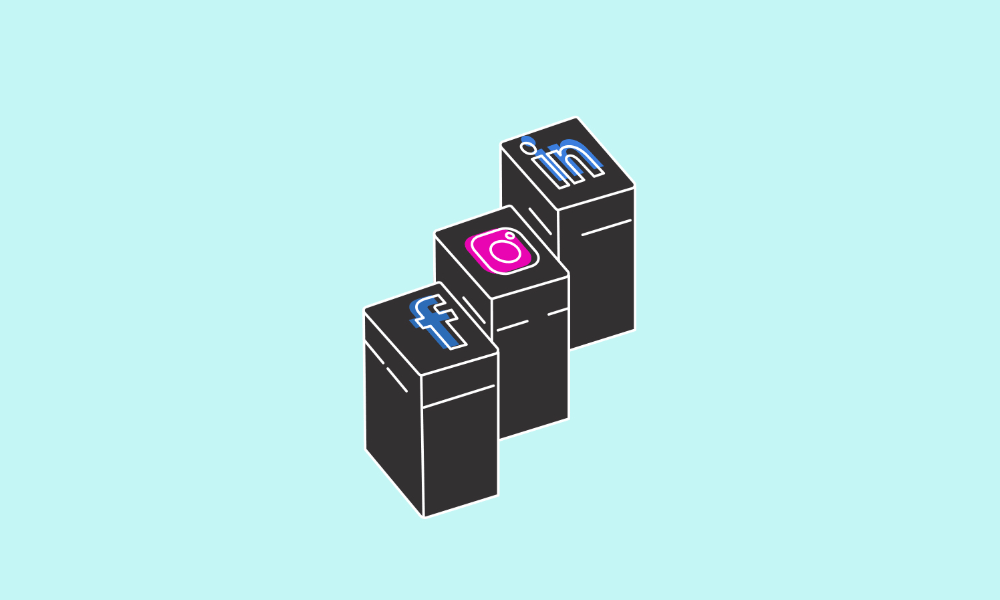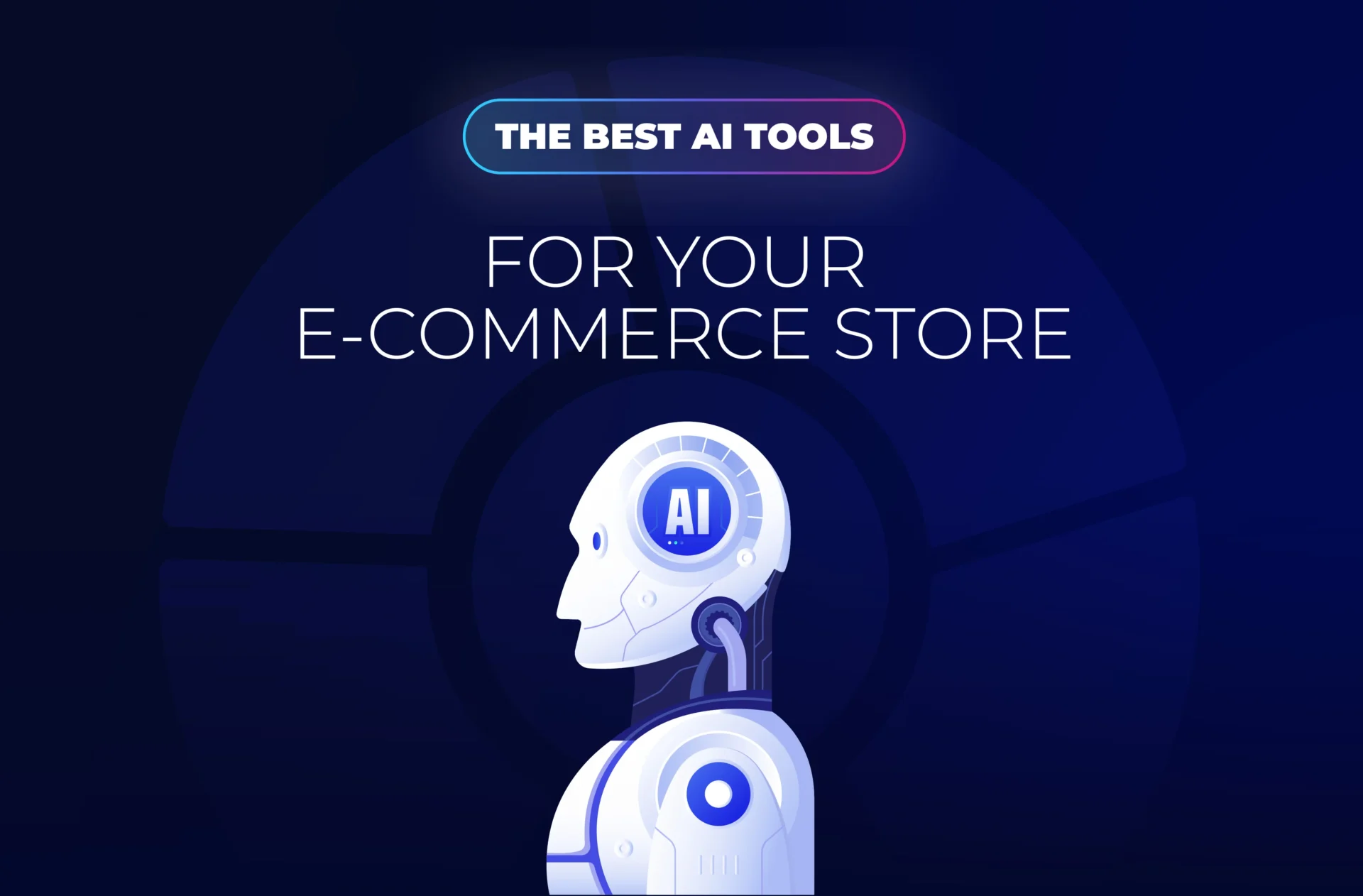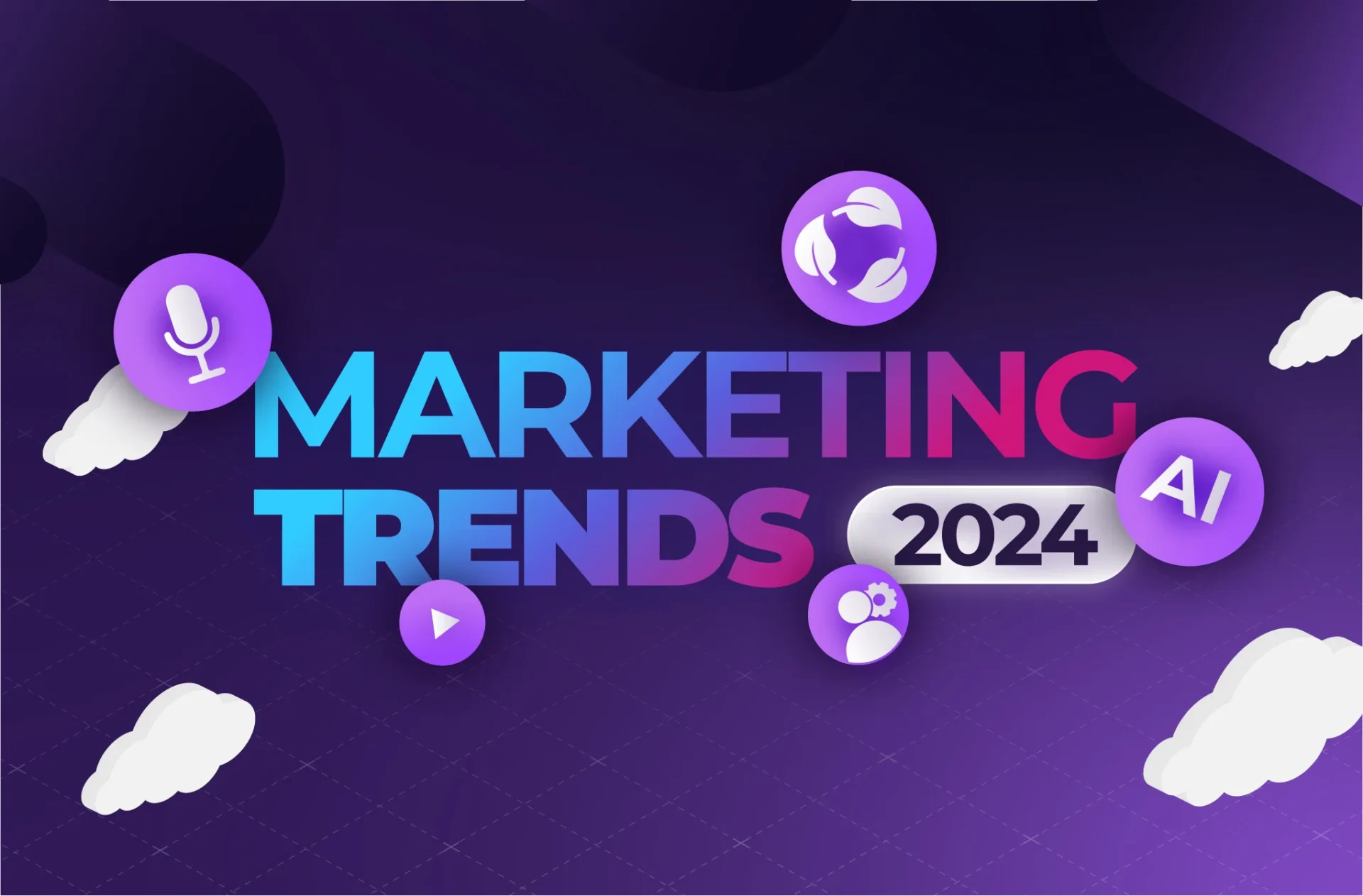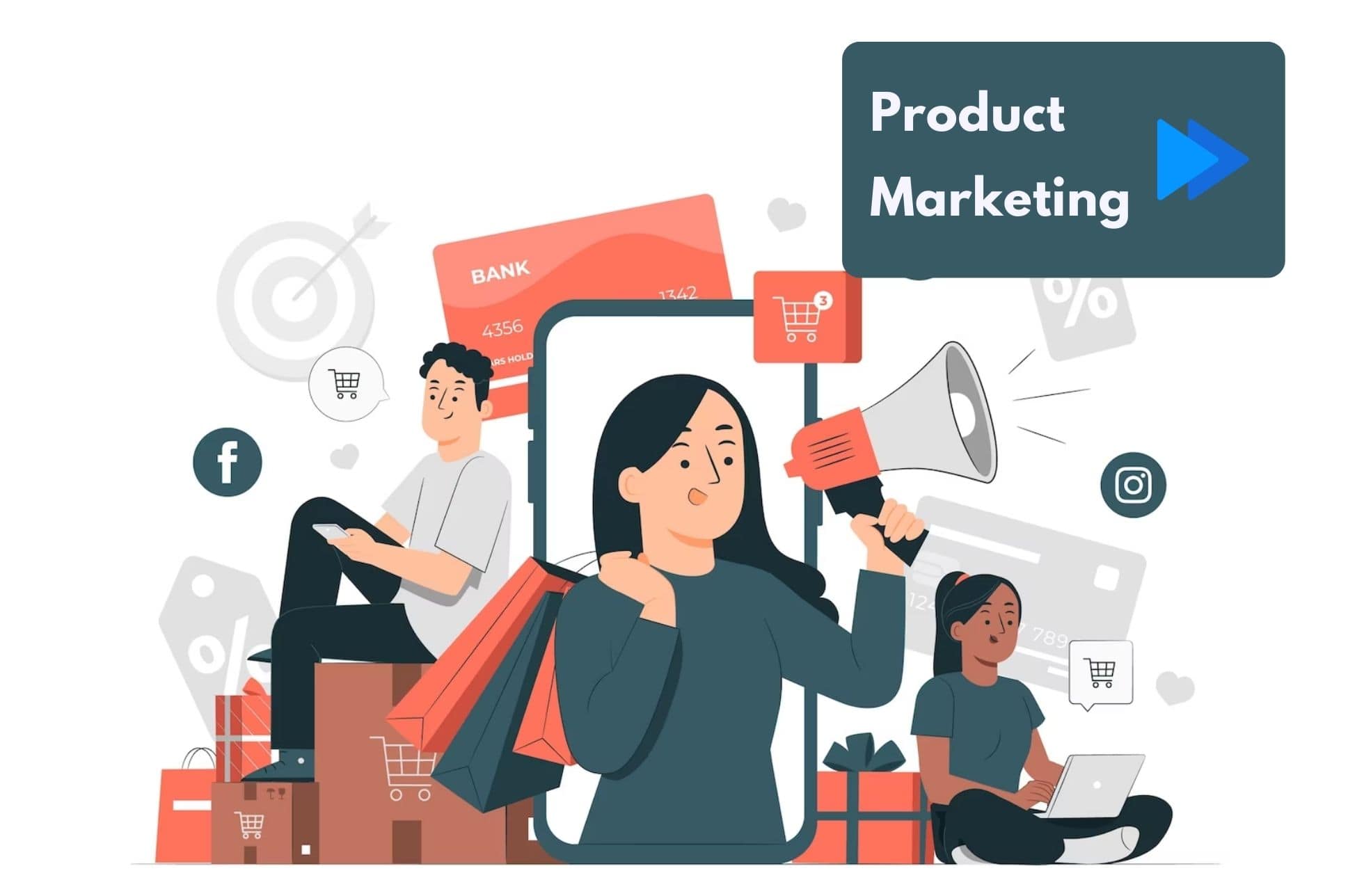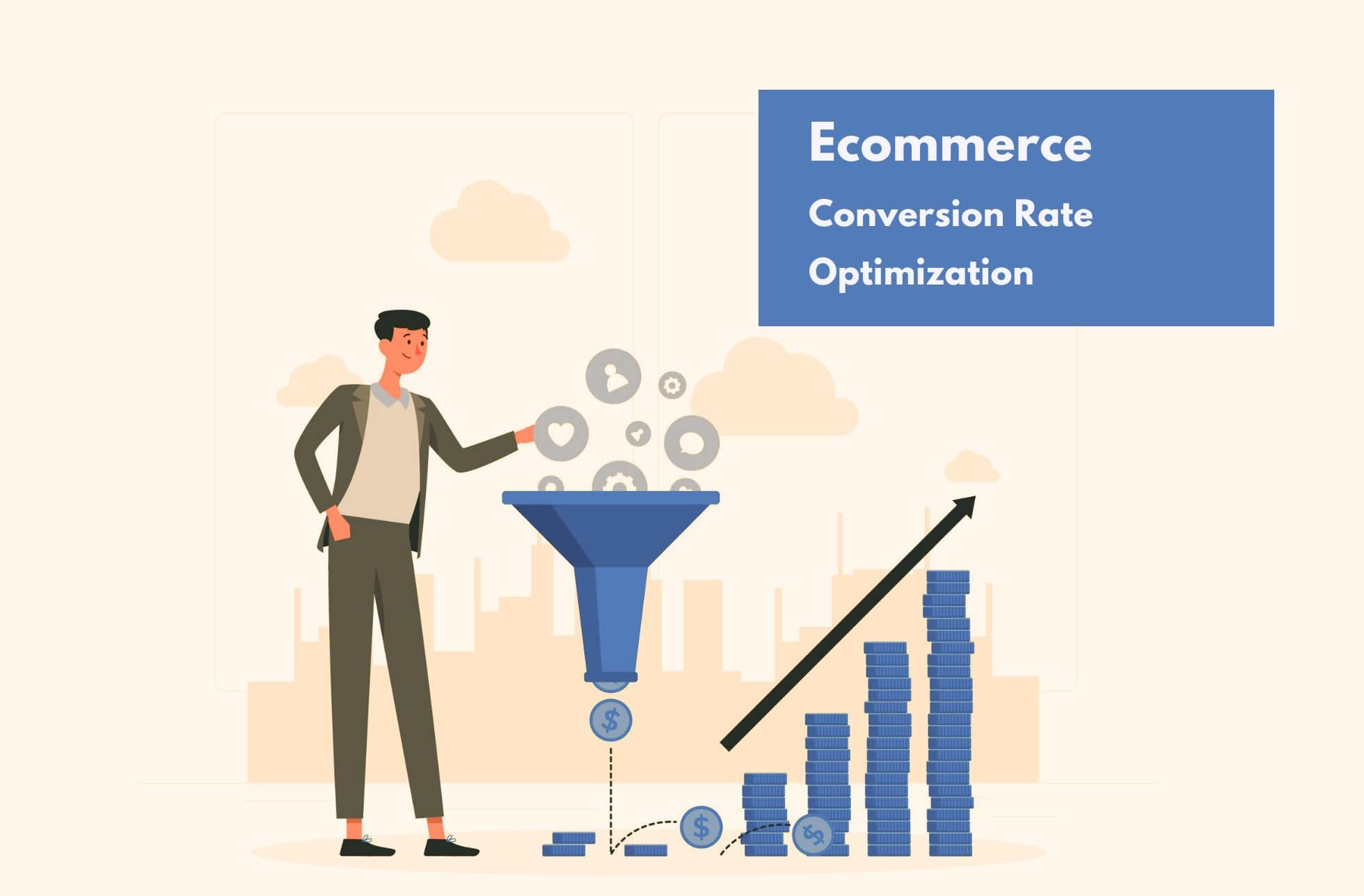Influencers vs Facebook ads? Which communication channel should you bet on? Influencers are a social marketing concept, that is all about calling an influencers which has the same audience than our target audience. The goal is for him to promote a brand product or service to his community.
Brands are now more likely to initiate partnerships with influencers. 70% of European enterprises have adopted influencer marketing. Meantime Facebook ad clicks are increasing by 70% every year. In this article you will learn what social influence marketing can offer to your brand compared to Facebook ads. So influencers vs Facebook ads – What’s better for you to develop your business?
Facebook has razor sharp targeting
Facebook ads allow you to go after potential customers based on location, demographics (age, gender, etc), interests, pages they like, and behaviours (spot early adopters, or specific phone users).
But they can be complicated, and there is no trust factor as it’s a classic ad:
With so many options you can easily become overwhelmed and stressed. On top of that, finding the right converting audience can feel like finding a needle in a haystack. What’s more, you still have to take care of the creative side – making sure your pictures/videos, text, and offers catch your audience’s attention for them to click and then trust.
Influencers have the confidence and engagement of their audiences
Influencers take care of the creative. That means we don’t have to stress about speaking to our audience – influencers know how to do that best. They also already have the trust of their audience which saves us tons of time, stress, and work. This allows us to focus on metrics that matter like sales and profits.
But Don’t Have The Fancy Software:
Influencers may not have the razor sharp targeting of Facebook ads, as they are limited by software – still you can get a really good grasp of who you will be marketing to with platform insights like Facebook or Instagram. Software like TapInfluence and Famebit also help marketers with their influence targeting.
Low barriers, low risk
You can run ads with $1 per day and see what works without risking tons of money. You can set a daily or a lifetime budget – pay for impression, clicks, and/or views. A free bonus: when users engage with an ad their friends may see it – which means free promotion for you.
Tiny Steps, Long Race:
Even though Facebook ads are incredibly affordable, it’s very rare that you can find exactly the right content and audience target that will convert to cash in on that ROI. When you run a campaign with a budget of $1 a day and the cost per click is $2 then Facebook ads will run your ad until it gets just one click and shuts it down. This is horrible news because a click doesn’t guarantee a purchase. With typical ad CPC (cost-per-click) at below 1%, you can imagine how many ads would need to be clicked on to eventually convert.
Low Prices, Untapped Market
The right influencers have some of the most amazing prices in the industry – as low as $.007 per click or $.005 per view.
Money Speaks:
Even though influencers have the the lowest prices on the market – the cost to entry is somewhat high. The reason is because their pricing is based off of a bundle model. Often this is seen in the post packages that most influencers offer. The more posts you buy, the cheaper the cost per post.
Both can track conversions accurately:
Using Facebook’s own native pixel tracker, or enterprise technology like Kenshoo, TagMan, or Google Tags Manager, lets you understand whether conversions came from paid or organic channels. There are more than 2 million active advertisers on Facebook and there are too many influencers in to many areas to mention them all.
Between influencer marketing and Facebook ads, which one should you go for? Facebook ad clicks are increasing by 70% every year, and ad click-through rates are increasing by 160%. On the other hand 90% of consumers trust influencers over the 33% who trust an ad. 51% of marketers believe they acquire better customers through influencer marketing.
Each channel has its pros and cons, and it will be up to you to decide what kind of campaign you want to put into place for your e-commerce. It might even be more interesting to combine influencer marketing with Facebook ads, repurposing content from your influencer campaigns in your paid advertising campaigns.
So with consumers trusting influencers more and Facebook ad price on the rise, where should you be spending our money? Tell us below or tweet us!

